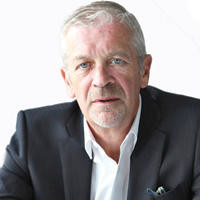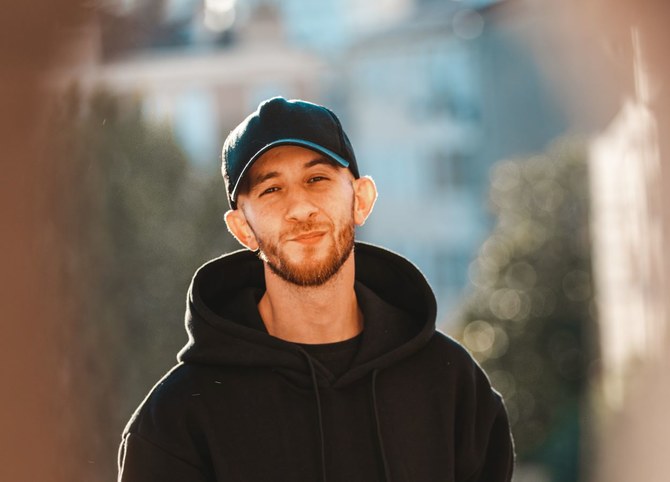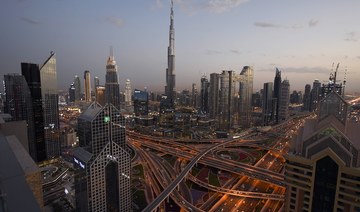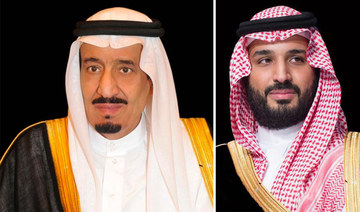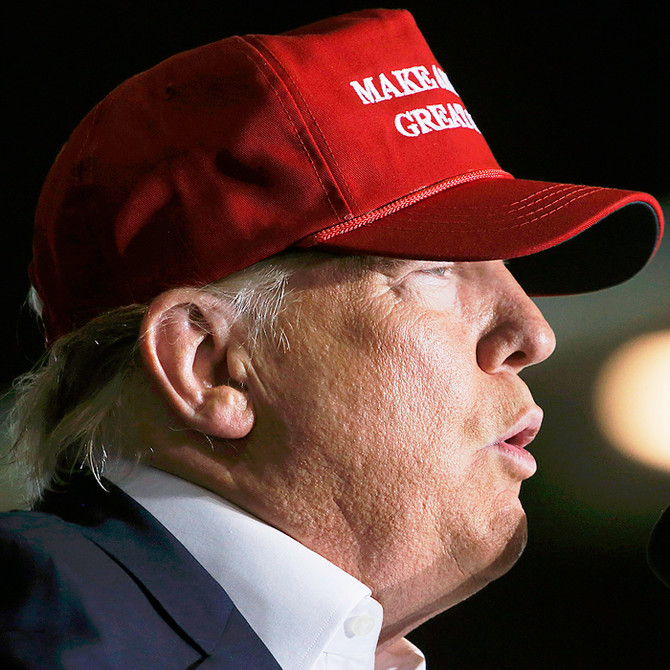Arabian Gulf countries have so far been largely left out of the carnage that US President Donald Trump has inflicted on the world.
The Muslim travel ban, the scrapping of trade deals, the proposed tariffs on commerce with some of the US’ closest neighbors, are obviously negative for Gulf countries that believe in and depend on thriving global trade. But they can probably live with the consequences, as much as the rest of a reluctant world.
But there is one issue lying in the new president’s in-tray that could change all that. Sometime pretty soon, Trump will have to rule on the potentially explosive matter of “Open Skies” aviation between the US and the Middle East.
He has it in his power, if he so choses, to deal a body blow to Gulf airlines just as they face critical challenges in other areas: Overcapacity, falling demand and reduced revenue from airfares. There is mounting concern in Dubai, Abu Dhabi and Doha that the president might just hit them hard.
The subsidy row
Some backstory: Emirates, Etihad and Qatar have carved themselves a dominant position in global aviation by being “super connectors” between the West and the East. Geographical location is one reason, so too is the new generation of aircraft that can make 10-hour-plus trips with ease.
Another reason is that all three offer a level of service that neither American nor European airlines can dream of matching. Schedules, airport infrastructure, and onboard facilities are just way ahead of anything the West can offer. (Some Asian airlines are just as good, incidentally, but Hong Kong and Singapore are at the wrong end of the Mercator world to be a problem for the US.)
The US airlines — notably United, Delta and American — do not like this. They feel that they have a natural right to fly Americans around the world, even if they do not offer the schedule or levels of service the Gulf airlines regard as normal. So they complained to former President Barack Obama about “unfair competition” and “illegal subsidies” by the Arabs, which they alleged put the Gulf airlines in breach of the Open Skies treaties the US has with the rest of the world.
The former president had to take their complaints — backed by a powerful Washington lobby — seriously, and he asked three government departments to consider the allegations. State, commerce and transportation were handed the portfolio of grievances and asked to consider them.
You got the feeling that liberal, cosmopolitan President Obama did not really want to take sides in the dispute and was kicking it into the long grass of DC bureaucracy.
New transport secretary
Not so the new president. He puts America first, distrusts Muslims and Arabs, and is suspicious of anything that originates east of Maine. The Open Skies deal would seem to be an obvious victim of the new Trump protectionism.
He has found a soulmate in his choice for US secretary of transportation, who will probably have the final say.
Frank Kane
Elaine Chao was this week approved by Congress as head of the department, which has aviation under its remit. She is of Taiwanese origin, with impeccable Republican credentials, and in her spare time sits on the board of Rupert Murdoch’s News Corporation, which owns President Trump’s favorite TV channel, Fox News.
Gulf airline officials I have talked to recently say they have no idea which way the Open Skies dispute will turn out.
Although Chao has given no indication of how she might decide on Open Skies, you might expect her to side with the America First lobby and order the Gulf airlines to change their strategies toward the US.
Her options would range from a complete US withdrawal from the reciprocal agreements that allow the Gulf airlines to fly to the US, to a ban on flying some individual routes, through to an order to restrict future route expansion between the Gulf and US. Either of these would be a serious challenge to the Gulf Three, but especially Emirates, which sees trans-Atlantic aviation as a keystone of its global strategy.
Emirates recently upped the stakes in the dispute by slashing fares to the US and launching a new service between New Jersey’s Newark airport and Athens. Both moves are justified in market terms, but are sure to rile the American lobby.
On the other hand, President Trump might decide to ignore whatever advice he gets from Chao and let things carry on as before. His immigration ban — which does not apply to nationals of the United Arab Emirates (UAE), Qatar and Saudi Arabia — is a signal that he can be selective in his policy toward the Middle East, especially when there are Trump business interests at stake.
Gulf airline officials I have talked to recently say they have no idea which way the Open Skies dispute will turn out. But I suspect that now they are fearing, and planning for, the worst.
• Frank Kane is an award-winning business journalist based in Dubai. He can be reached on Twitter @frankkanedubai


